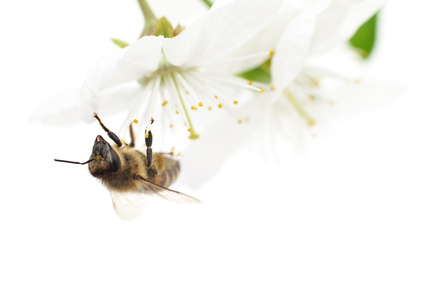
Organic vineyards still rely on large external inputs to control harmful organisms (i.e., pests).
BIOVINE aims to develop natural solutions based on plant diversity to control pests and reduce pesticide dependence.
The capability of plants of increasing the ecosystem resistance to pests and invasive species is a well-known ecosystem service. However, monocultures (including vineyards) do not exploit the potential of plant diversity. BIOVINE aims to develop new viticultural systems based on increased plant diversity within (eg, cover crops) and/or around (e.g., hedges, vegetation spots, edgings) vineyards by planting selected plant species for the control of arthropods, soil-borne pests (oomycetes, fungi, nematodes), and foliar pathogens.
Candidate plants are being identified by literature review, and the selected ones are going to be tested in controlled environment or small-scale experiments.
The ability of the selected plants to:
i) attract or repel target arthropod pests;
ii) conserve/promote beneficials;
iii) control soil-borne pests by mean of biofumigation;
iv) favor mycorrhizal symbiosis in vine roots to increase plant health (growth and resistance);
v) control foliar pathogens by reducing the inoculum spread from soil, is investigated.
New viticultural systems able to exploit plant diversity are then going to be designed based on results of BIOVINE activities, following a design-assessment-adjustment cycle, to be then tested by in-vineyard experiments in France, Italy, Romania, Spain and Switzerland for a 2-year period.
Innovative viticultural systems should represent an improved way for pest control in organic viticulture, meanwhile they should positively affect functional biodiversity and ecosystem services.
New control strategies may provide financial opportunities to vinegrowers and lower their reliance on pesticides.
